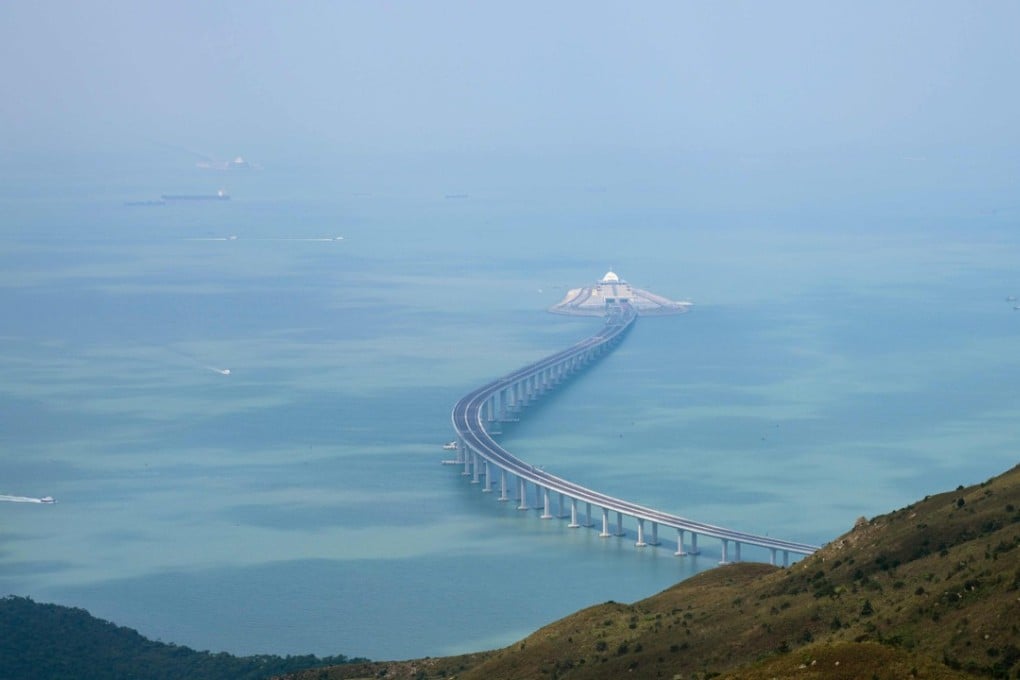Letters | Three reasons ‘Lantau Tomorrow Vision’ could fail, if ‘Greater Bay Area’ takes off
- Integration means Hongkongers may no longer need to live within the confines of an island economy physically short of land
- Economic integration can be accelerated if the Hong Kong government takes the initiative

First, the state owns all land in China. By the time this project is completed, the end date of most land leases in Hong Kong – 2047 – will be closing in. Or will the Hong Kong government still have a free hand when the “one country, two systems” guarantee expires in 2047? It is impossible to value this land given these political unknowns.
Third and finally, Hong Kong’s demographic is changing. In 15 years’ time, more than a quarter of Hong Kong’s population (about 2 million people) will be 65 or older. Do all these people need to spend their retirement in crowded and expensive Hong Kong real estate with all the noise and pollution? Low-density retirement community developments with health care clinics supported by ease of access to hospital services, recreation facilities, etc, in the Greater Bay Area should be quite appealing. Sell expensive Hong Kong homes and enjoy retirement with lots of money in the bank.